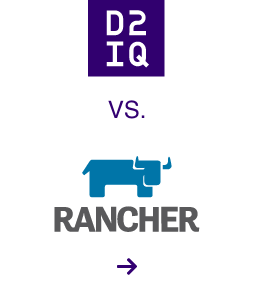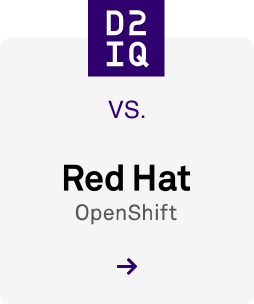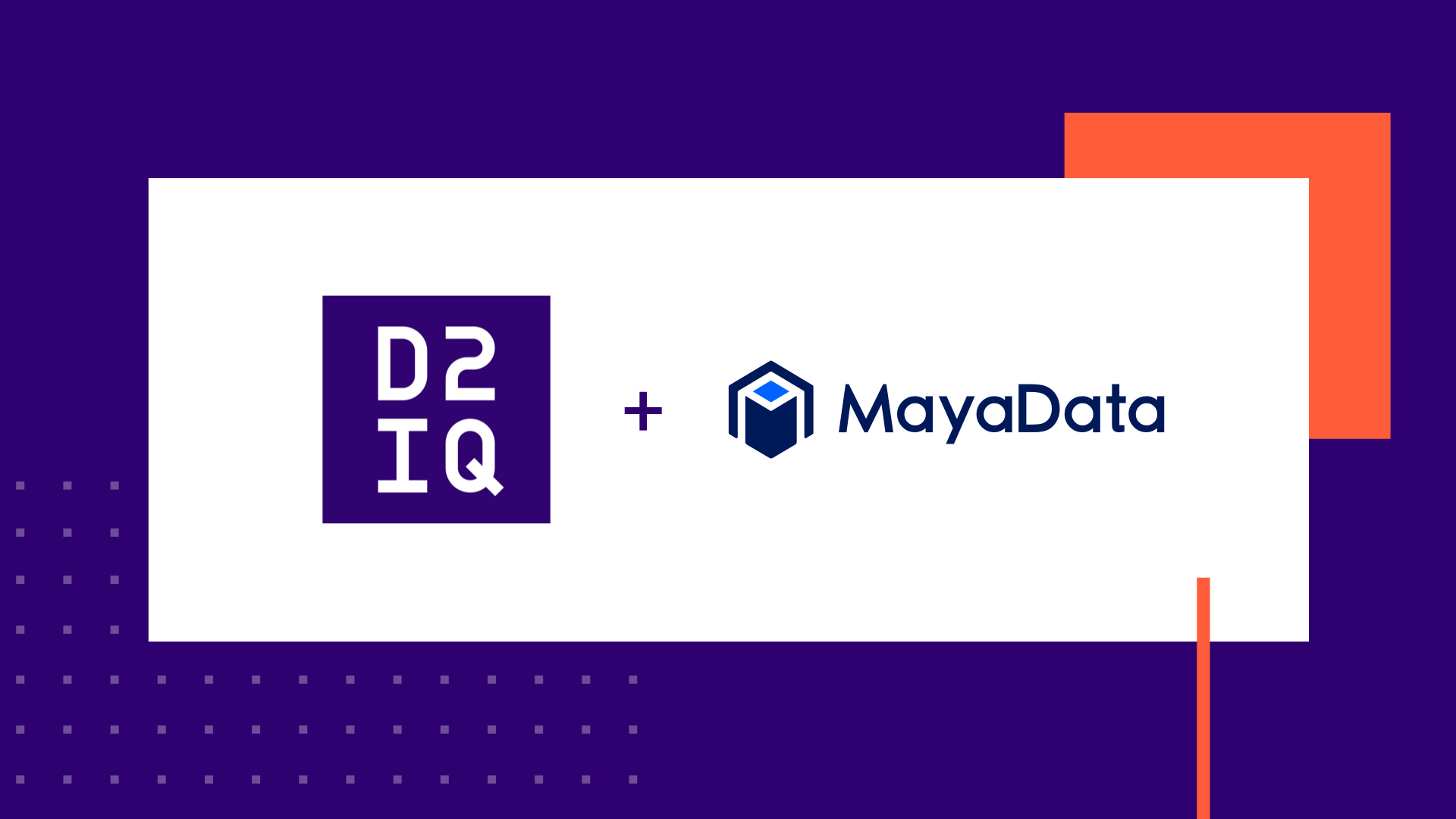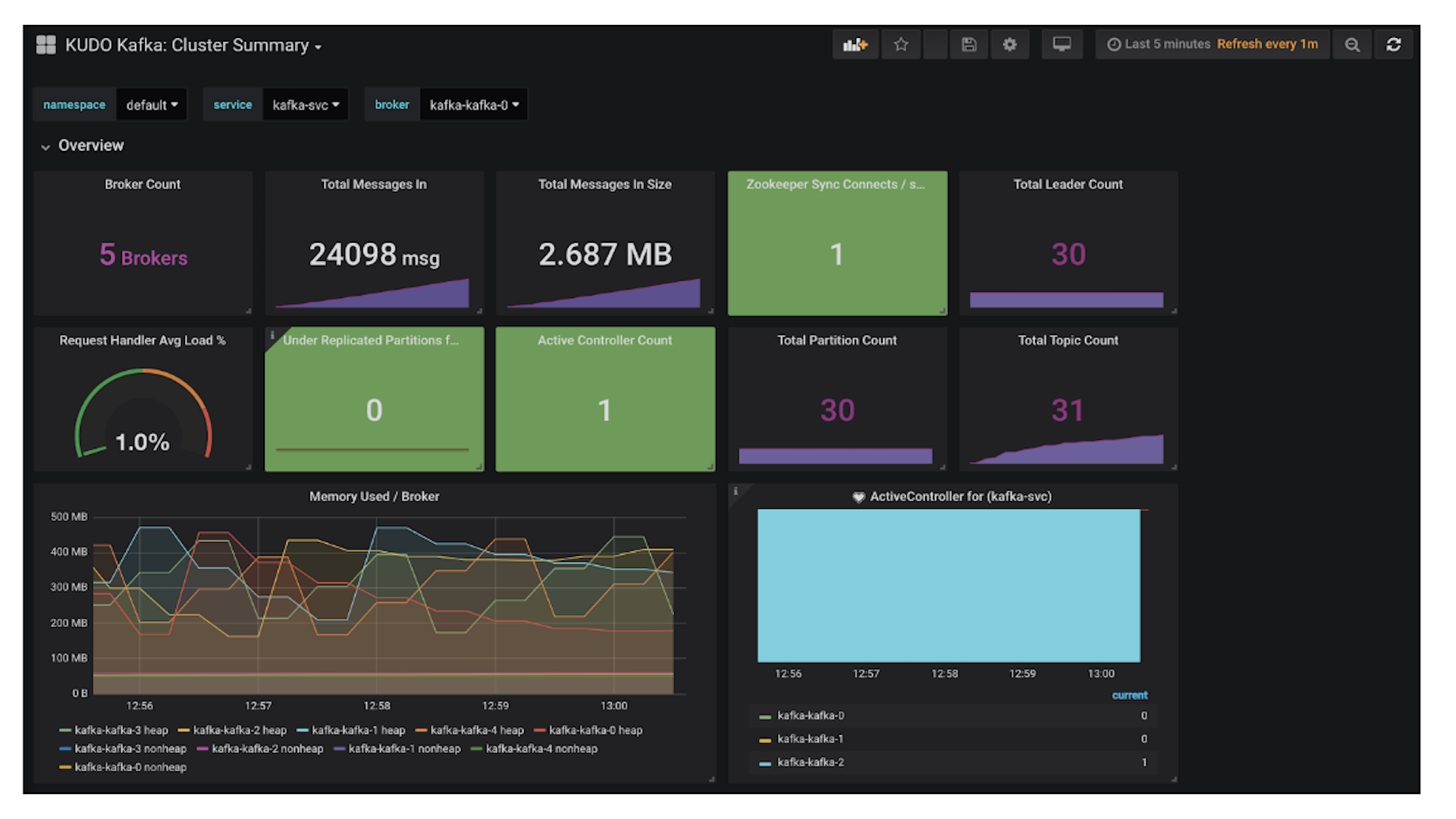
2 min read
To remain competitive in today's fast-paced, digital world, your business needs to adopt technologies that enable you to innovate and scale. In just a few short years, Kubernetes has quickly become the choice solution for teams looking to deliver modern, data-driven applications while decreasing cost and optimizing resources. Consider these stats:
- 69% of enterprise companies use Kubernetes to manage containers (The New Stack)
- The application container market size was $762 million last year and will grow by over 3.5x to $2.7 billion by 2020 (451 Research)
- By 2020, more than 50% of global organizations will be running containerized applications in production, up from less than 20% today (Gartner)
However, as much as Kubernetes simplifies matters for developers, organizations are quickly realizing there are many challenges that come with orchestrating the platform. While there are hundreds of articles explaining what Kubernetes is and how to get started with it, there is less information on how to implement and manage it on an on-going basis. Managing multiple Kubernetes clusters require a big time and resource investment, especially for an enterprise business that has many needs and specifications. And delivering an end-to-end solution often means managing a puzzling array of necessary monitoring, logging, and other solutions outside of the realm of the central cluster.
In partnership with DZone, Chris Gaun and Joe Thompson from Mesosphere created the "Advanced Kubernetes Reference Card" to provide guidance on how to get real value from enterprise-scale container deployments, that includes:
- The basic components and add-ons to run Kubernetes clusters
- How to manage and perform maintenance on underlying nodes
- A test plan framework to ensure clusters are operational
- Troubleshooting with Curl and jq
Kubernetes management doesn't have to be so hard. By understanding and implementing the right components, commands, and test plan, you can optimize Kubernetes without the drain on your resources, budget, and you. Download the "Advanced Kubernetes Reference Card" to get started effectively managing Kubernetes in your organization.









